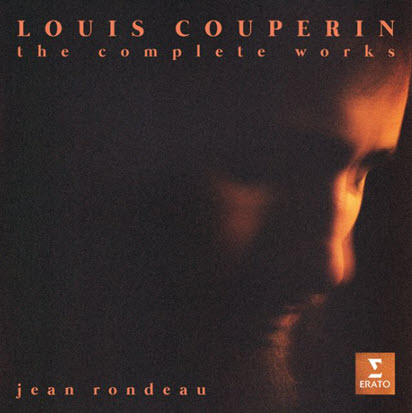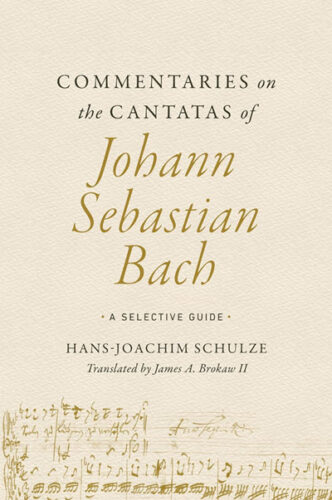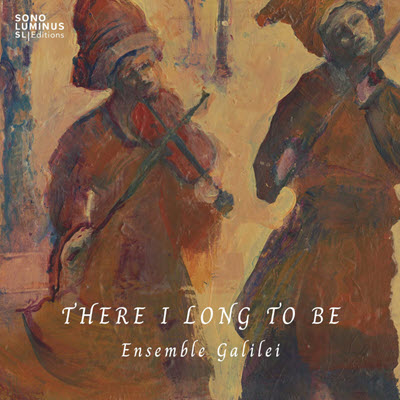by Anne E. Johnson
Published February 23, 2025
Sublimation: Songs and dances from 18th-century Scandinavia. The Curious Bards, Ilektra Platiopoulou. Harmonia Mundi HMM905398
Joyously muddled, ‘Sublimation’ is a ‘trad’ album with early-music nuance, an early-music album with folk energy.
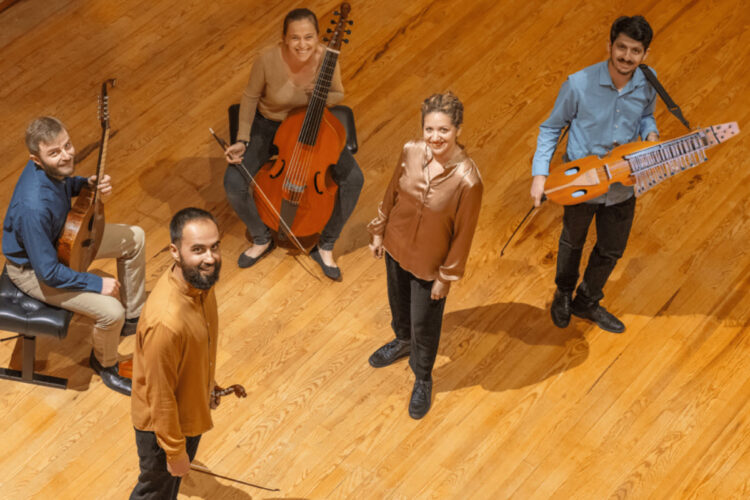
There’s growing discussion these days about the term “early music,” not only what “early” means, but also what constitutes “music.” The Curious Bards, an ensemble who previously turned its attention to this question in Irish and Scottish culture, now considers the definition of Scandinavian early music. The answer they share in their album Sublimation is wide-ranging and wildly fun.
In a booklet essay, Uppsula University scholar Mattias Lundberg offers evidence supporting the album’s underlying theory that “folk” or “popular” music should not be artificially separated from “art” music. He cites 18th-century chorale books used throughout Scandinavia that include popular dances and songs alongside sacred works. The haphazard mixture of written and oral transmission of these various types of pieces also points to their interconnection.
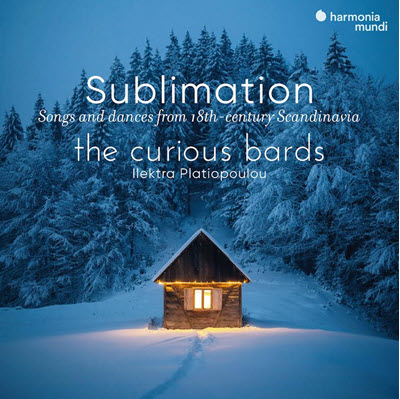
The Curious Bards grab this idea and run with it. Sublimation is joyously muddled, a “trad” album with early-music nuance, an early-music album with folk energy. It seems to represent the next step in historical performance practice: the acknowledgment of (and attempt to recreate) a musico-historical psychology. The exactitude in HIP — a perfectionism that can threaten to suck the emotional life out of the music — is replaced here with expressive abandon, capturing the experience of playing and hearing music in the 18th century, not just the scholarly, cellular facts.
Beyond its renegade attitude, the album gets its unique sound from the instruments in use — a blend of the familiar and the rare. In the first category are Baroque violins played by Alix Boivert and Colin Heller, plus Sarah Van Oudenhove on viola da gamba. Jean-Christophe Morel is in the less-expected category, playing Baroque cittern (a flat-backed, fretted plucked instrument).
It represent the next step in historical performance practice: the acknowledgment of (and attempt to recreate) a musico-historical psychology
But the real sonic delights are the two instruments that the group commissioned: Ottar Kåsa made a hardingfele (a violin with sympathetic strings) for violinist Boivert, while Jean-Claude Condi created a kontrabasharpa for Heller. The latter is an ancestor of the better-known nyckelharpa, a fiddle with keys along the side of the fingerboard.
Equipped with this array of timbres, the ensemble digs into a variety of dance types. Many of these are subcategories of the polska (its origin in Poland), a triple-time genre that was popular throughout Scandinavia.
In the absence of known composers, titles are identified by the collector who compiled them. Such is the case with the tune set “Bruredansen / Paalsdans / Polsdans,” credited to an 1822 compilation by Johannes Nielsen Schodsberg. A few composers can be identified, including a gentle “Polonesse” by Anders Larsson, whose work can be only generally dated to the “late 18th century.” Other instrumental tune types include some borrowed from the English tradition (a fiery “ril”—a.k.a. reel — for example, with some surprising syncopation), marches, and the lively Norwegian Springdans.
The Curious Bards are joined by Greek mezzo-soprano Ilektra Platiopoulou, a longtime soloist with the Vocal Ensemble of the Schola Cantorum in Basel. She sings seven pieces in a rich, haunting voice. Among these is the Swedish song “Necken” (“The Merman”), whose lyrics evoke the mythical realm of this being as he plays his harp in the crystal waters and mourns a lost love. Another traditional ballad, this one from medieval Norway, is “Signe Lita” (“Little Signe”), a wistful tale of a sinking boat which Platiopoulou performs a cappella with trilled decorations. Produced and mixed by Alban Moraud and Alexandra Evrard, Sublimation presents vivid repertoire with vital sound. Everything about this musical experiment is a success. Happily, there’s a lot more of the world for The Curious Bards to explore.
Anne E. Johnson is EMA Book Editor and frequent contributor to Classical Voice North America. She teaches music theory, ear training, and composition geared toward Irish trad musicians at the Irish Arts Center in New York and on her website, IrishMusicTeacher.com. For EMA, she recently reviewed Lucrezia, Portraits of a Woman.

